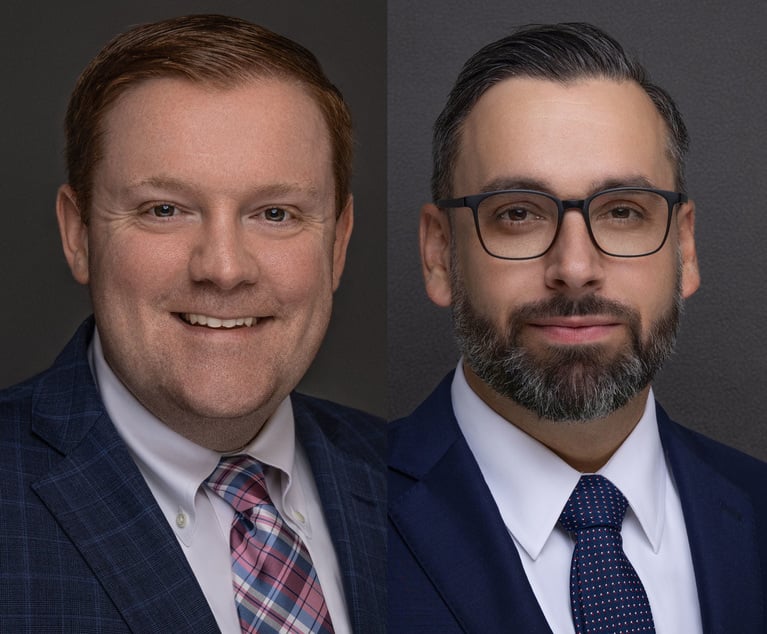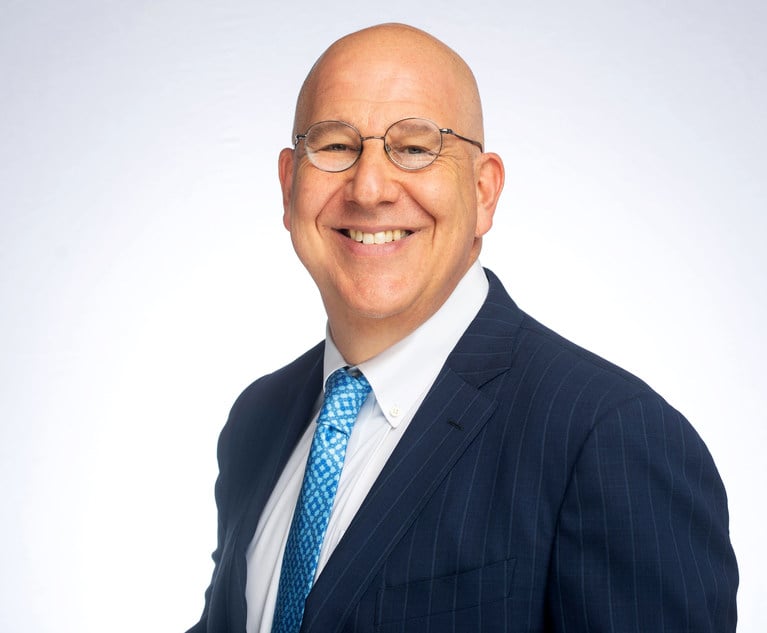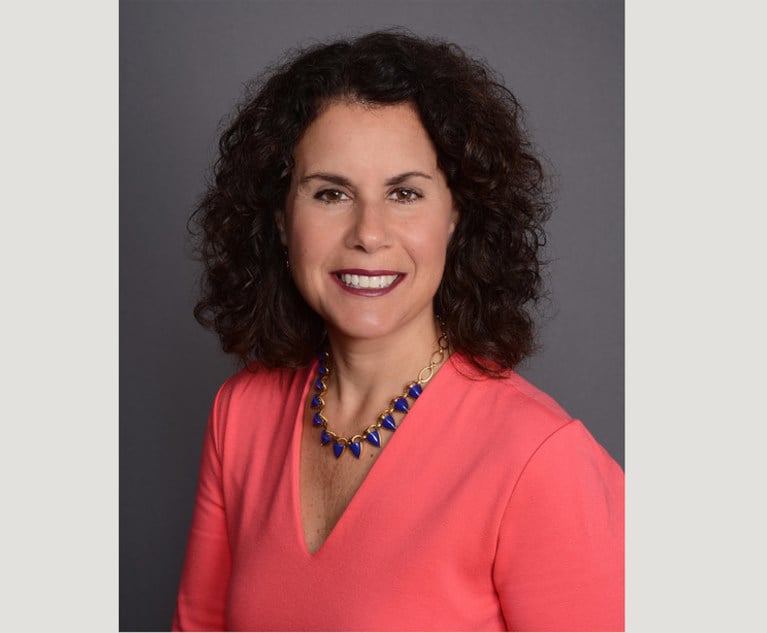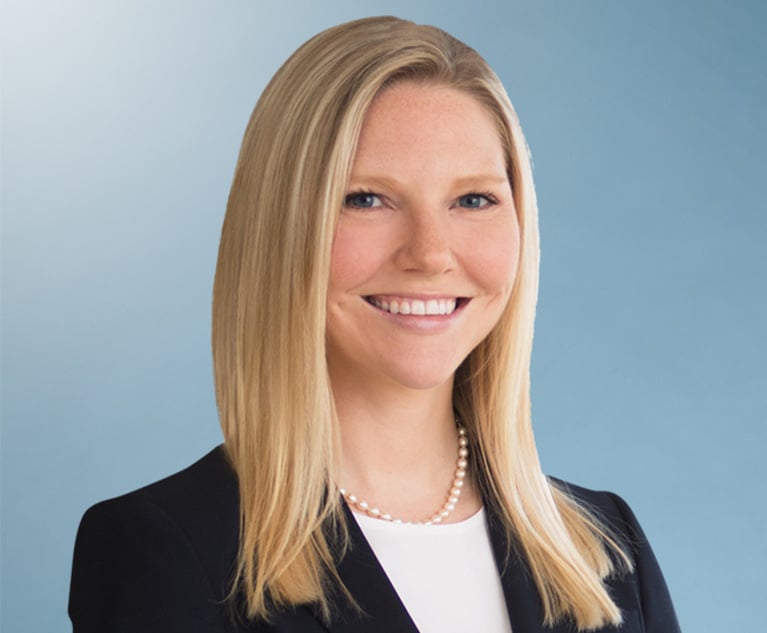Philadelphia is reckoning with a multitude of challenges, including crime, education, healthcare, transportation, infrastructure, and climate change—with housing arguably being at the core of these interconnected issues. The city’s current housing landscape is marked by a precarious imbalance, with increasing rent prices, stagnating incomes, low available housing stock, and a scarcity of affordable housing options. The housing squeeze is especially dire for low-income, nonwhite residents in the city. For these marginalized communities, the struggle to secure affordable housing is not merely a matter of economics—it is a daily battle against systemic disparities. Philadelphia remains one of the most segregated cities in the country due to redlining in the 1930s (“Philadelphia’s racial segregation in housing remains high,” The Philadelphia Inquirer, 2021.). The history of redlining in the city continues to negatively affect these communities with less access to important amenities such as parks, hospitals and high-quality education. The confluence of these pressing issues requires immediate attention and comprehensive solutions.
The incoming mayor holds a pivotal role in addressing the city’s pressing housing needs. Their administration should prioritize affordable housing as a central tenet of their time in office to promote a more thriving and vibrant city for all residents. Collaborative efforts with nonprofit organizations and community stakeholders can provide valuable insights into the specific needs of different neighborhoods and ensure equitable development practices.


 Vanessa Raymond-Garcia, policy analyst at Regional Housing Legal Services (RHLS). Courtesy photo
Vanessa Raymond-Garcia, policy analyst at Regional Housing Legal Services (RHLS). Courtesy photo




